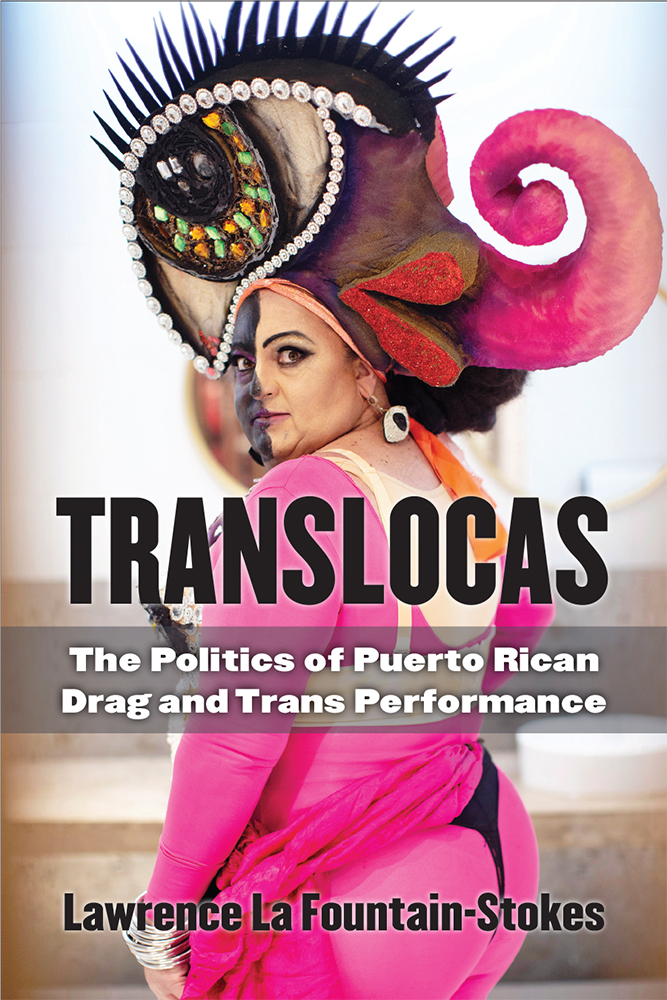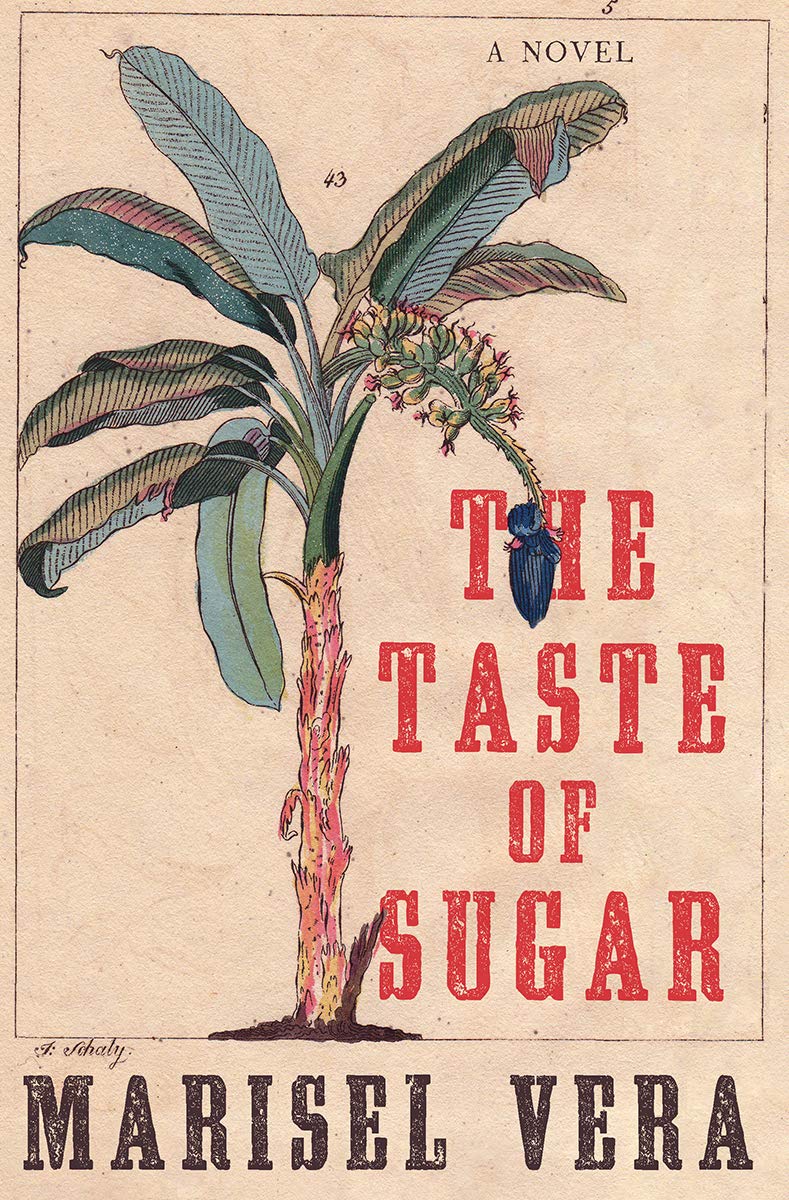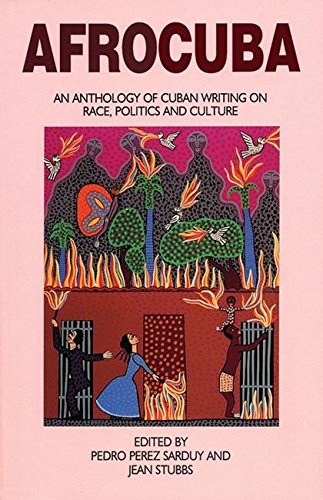Latinx Heritage Month
- Gabby Womack
- Sep 3, 2021
- 4 min read
September 15 - October 15

Before I dive into my book recommendations, I just want to provide more information on this month and the debates around the name.
Terms may differ
"In the US, the terms "Hispanic" and "Latino" are often used to refer to people of Spanish-speaking or Latin American origin. Though they're often used interchangeably, "Hispanic" refers only to people from Spanish-speaking countries, which includes Latin America and Spain. "Latino" refers to people with roots in Latin America, which includes Portuguese-speaking Brazilians, but excludes Spain. Those two terms describe a very broad group of people, and don't always align with the ways that those populations identify themselves."
What is Latinx?
"It's unclear where and when exactly the term "Latinx" came about, but activists and academics have largely adopted it to be more inclusive of Hispanics and Latinos who don't fit into the male/female gender binary. The term replaces the "o" in "Latino" or the "a" in "Latina" with an "x" to make it gender-neutral. But in doing so, its critics say, English speakers are imposing a term on the Hispanic and Latino population that doesn't make sense for them." - CNN, Why people are split on using 'Latinx'
For more information, look at Latinx: A brief handbook by Arlene B. Gamio Cuervo for the Princeton LGBT Center
Are We Latinx?
Some folx within our community, especially those of us who are also Caribbean, feel like "Hispanic" and "Latinx" attempt to connect folx who descend from those colonized by the Spanish, French, and Portuguese. Thus, making our identities revolve around our colonizers. Others say that this ignores the fact that Caribbean Latinx folx have more in common with the other islands than we do with South Americans, so "Latinx" or "Latino" will always exclude us.
Just like many words throughout history, our understandings of how to accurately identify ourselves is in fluctuation and will continue to be.
Book Recommendations
Beginner

Representation: Dominican & Dominican-American, Queer (WLW)
Genre: YA Fiction
Themes: Grief, Family/Family Secrets, Discovery

Representation: Mexican-American, Queer (MLM)
Genre: YA Fiction
Themes: Coming-of-age, Young love, Self-discovery

Representation: Brazilian-American
Genre: Romance
Themes: Enemies-to-lovers, Entrepreneurship

Representation: Haitian & Haitian-American
Genre: YA Fiction
Themes: Family curse, early-onset Alzheimer's, Haitian history & lore, coming-of-age
Intermediate

Representation: Indigenous-Mexican
Genre: YA Fantasy
Themes: Colorism, Family secrets, Mayan mythology, Adventure, Sexism

(November 2, 2021)
Representation: Afro-Latinx, Indigenous, Queer
Genre: Non-Fiction Anthology
Themes: Belonging, Coming-of-age, Colorism, Garifuna History, Panama Canal, Relationships, Whiteness, Sexuality
Advanced

Genre: History
"Spanning more than two hundred years, An African American and Latinx History of the United States is a revolutionary, politically charged narrative history, arguing that the “Global South” was crucial to the development of America as we know it. Scholar and activist Paul Ortiz challenges the notion of westward progress as exalted by widely taught formulations like “manifest destiny” and “Jacksonian democracy,” and shows how placing African American, Latinx, and Indigenous voices unapologetically front and center transforms US history into one of the working class organizing against imperialism."

Genre: History
"In An Indigenous Peoples’ History of the United States, Dunbar-Ortiz adroitly challenges the founding myth of the United States and shows how policy against the indigenous peoples was colonialist and designed to seize the territories of the original inhabitants, displacing or eliminating them. As Roxanne Dunbar-Ortiz reveals, this policy was praised in popular culture through writers like James Fenimore Cooper and Walt Whitman, and it was also praised in the highest offices of government and the military."

Genre: History
"Taking readers from San Juan to New York City and back to his family's home in the Luquillo Mountains, Morales shows us the machinations of financial and political interests in both the US and Puerto Rico, and the resistance efforts of Puerto Rican artists and activists. Through it all, he emphasizes that the only way to stop Puerto Rico from being bled is to let Puerto Ricans take control of their own destiny, going beyond the statehood-commonwealth-independence debate to complete decolonization."
Books that others have recommended
Diasporic Blackness: The Life and Times of Arturo Alfonso Schomburg by Vanessa K. Valdés
Women Writing Resistance: Essays on Latin American and the Caribbean edited by Jennifer Browdy
Finding Latinx: In Search of the Voices Redefining Latino Identity by Paola Ramos
The Borders of Dominicanidad: Race, Nation, and Archives of Contradictions by Lorgia García-Peña
Fruit of the Drunken Tree: a novel by Ingrid Rojas Contreras
National Colors: Racial Classification and States in Latin America by Mara Loveman
Translocas: The Politics of Puerto Rican Drag and Trans Performance by Lawrence La Fountain-Stokes
AfroCuba: An Anthology of Cuban Writing on Race, Politics and Culture by Pedro Pérez Sarduy
Other Resources
Join Latinx In Publishing In Supporting And Increasing The Number Of Latino/A/X In The Publishing Industry, And Promoting Literature By, For, And About Latino/A/X People.



































Comments